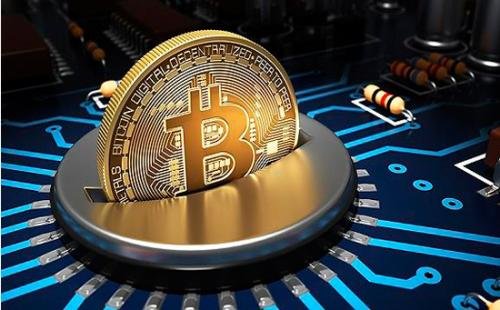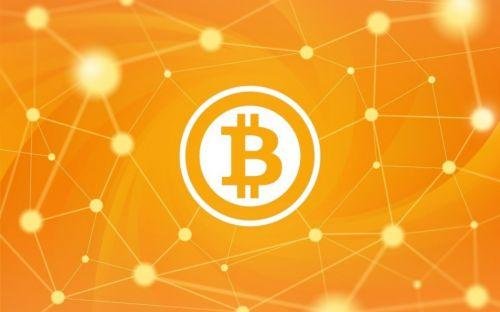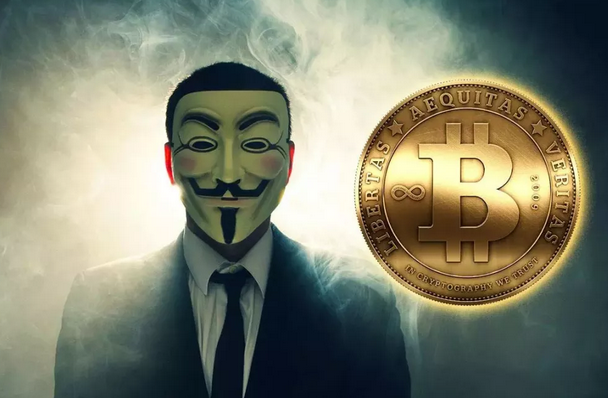The popularity of bitcoin is increasing international liquidity
Foreword: The community has a very different perspective on the future vision of Bitcoin. This paper argues that the value proposition of Bitcoin is not a small payment network, but an international settlement network.
As the popularity of Bitcoin continues to increase, so does the transaction cost, which has led to the constant sound of Bitcoin. The average transaction cost is more than $2, and I believe Bitcoin's prospects are bleak because no one will pay $2, especially compared to credit cards, PayPal, etc.
However, the problem is not the bitcoin itself, but the misunderstanding of bitcoin. A soaring price can tell a very important message: If Bitcoin is doomed to fail, why do people continue to buy?

This is because the value proposition of Bitcoin is not a small consumer payment, but a large and important payment, which is especially important for cross-border payments. Personal micropayments can be made in a variety of ways: cash, barter, coupons, credit cards, bank checks, and more. Payment methods are available all over the world.
For international payments, only a few currencies are accepted: US Dollar, Euro, Gold and Special Drawing Rights, approved by the International Monetary Fund and with special drawing rights. The vast majority of international payments are denominated in one currency (US dollars), and the proportion of payments in other major currencies is small.
For international remittances in these currencies, remittances worth thousands of dollars usually cost tens of dollars and need to be checked by financial institutions. Compared to these transactions, Bitcoin's $2.5 transaction fee is obviously cheap.

However, the flow of these international currencies far exceeds the range that Bitcoin can handle. If such payments use Bitcoin, the transaction costs will rise, and to a certain extent, the market demand for Bitcoin will fall. Even so, this will not affect the development of Bitcoin, because Bitcoin can handle personal payment services.
Bitcoin payments do not present counterparty risk, and the network can provide a final settlement of large payments in minutes. Therefore, Bitcoin has the strength to compare settlement payments with central banks and large financial institutions. And, in comparison, bitcoin payments are cheaper and more verifiable. The only currency in history that has no counterparty risk is gold, but the cost of transferring gold is quite high.
There has been an interesting brainstorming that imagines building a global economy around bitcoin settlement. The current capacity of Bitcoin is approximately 350,000 transactions confirmed per day. This transaction volume is equivalent to the transaction volume of each bank and other banks in a global network system formed by 850 banks. (The number of unique connections in the network is equal to n(n-1)/ 2, where n is the number of nodes.)

Bitcoin can support an international network of 850 central banks that can make daily final settlements between each other. Compared with the current central bank network, the Bitcoin network has two main advantages: First, the finality of Bitcoin settlement does not depend on any party, and does not require any bank to become a de facto arbiter, so it becomes global equivalent. The ideal choice for the network, not the global order of power.
Secondly, Bitcoin is based on such a form of currency that no member bank can inflate it, so Bitcoin offers a value proposition that is more attractive than French currency, and the national currency is created to increase the currency. Supply, financing the government.

Because the government can't create more bitcoin, banks around the world will compete with each other in providing physical and digital currency tools supported by Bitcoin. If there is not enough funds, the bank's partial reserve system will be very dangerous.
In the long run, the bank that can survive will be a bank that provides 100% bitcoin-backed financial instruments. They will settle their own customers outside the bitcoin chain and then perform daily inter-bank settlements through the blockchain.
I’m writing a book recently, and Amazon is on sale. I understand the main value proposition of Bitcoin as a solid currency and clarify the historical importance of this concept, which far exceeds the small transaction cost to consumption. The importance of paying. A sound monetary system has always been an indispensable part of human civilization, and its demise is often accompanied by the decline of civilization.

In the 19th century, the modern world was built on a stable currency. The funds provided by investors were sufficient and the time required for return on investment was not high. On the other hand, the concept of consumption that does not advocate saving and encourages timely consumption in the twentieth century has also caused the legal currency to depreciate continuously.
The obsessiveness of the Bitcoin community about consumer payment methods has been influenced by the legal currency era. Previous generations only knew that it should be spent as soon as possible before the currency depreciation, so everyone pursues large consumption. Of course, in a sound monetary system, people still consume because it is needed for survival. However, as the money saved will appreciate, the future opportunity cost of timely consumption will increase.
As a result, for people, consumption is no longer an uncontrollable thing, people only buy what they need or some durable goods. Instead of wasting money on non-essential items, they save the money and watch it appreciate and achieve financial freedom.

The number of transactions in the Bitcoin economy will still be as large as it is now, but the settlement of these transactions will not occur on Bitcoin's distributed books, because the unchangeable and untrustworthy nature of Bitcoin is for individual consumers' payments. Too precious.
The reality is that buying coffee does not require bitcoin-level security and credibility; it can be adequately handled on bitcoin-denominated layer2 (such as Lightning Network). Buying consumer goods with bitcoin is like driving a concord jet to the streets to buy groceries: killing chickens with a knife.
Personal consumer payments are a trivial problem, and modern banking systems have provided various forms of credit and debit. Despite the limitations of current payment schemes, the introduction of free market competitiveness into the banking and payment sectors (the most rigid industry in the modern world economy) will drive the entire industry, as banks are able to print money. Government controlled.

If the idea of using Bitcoin as a payment method for consumers is correct, then the increase in transaction costs will not be conducive to the adoption of the Bitcoin network by the public, so that the transaction price will be stagnant or declining, and the position of the Bitcoin network will also be A thousand feet fell. When the price of Bitcoin reached $2,000 (the price of Bitcoin was around $12,000 at the time of release), this would become an increasingly untenable argument.
From the idea of being a settlement layer, the growing popularity of Bitcoin is increasing its international liquidity, enabling it to compete with global reserve currencies for more valuable transactions. As this process continues to evolve in the future, higher transaction costs are expected and the importance of the global Bitcoin settlement network will increase.